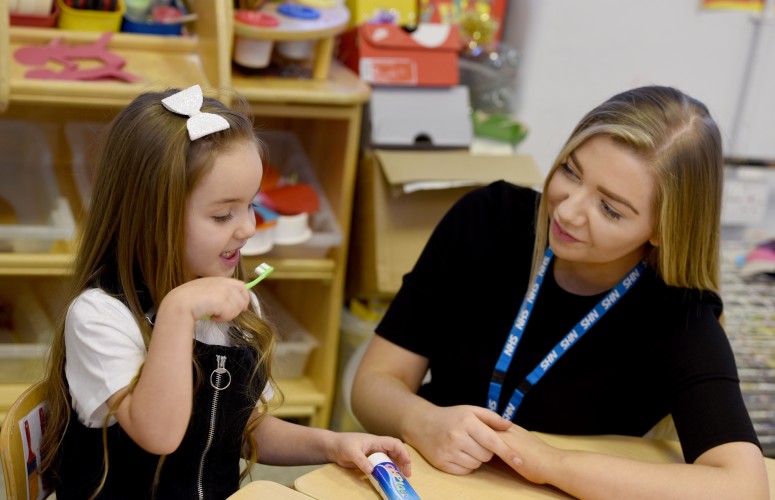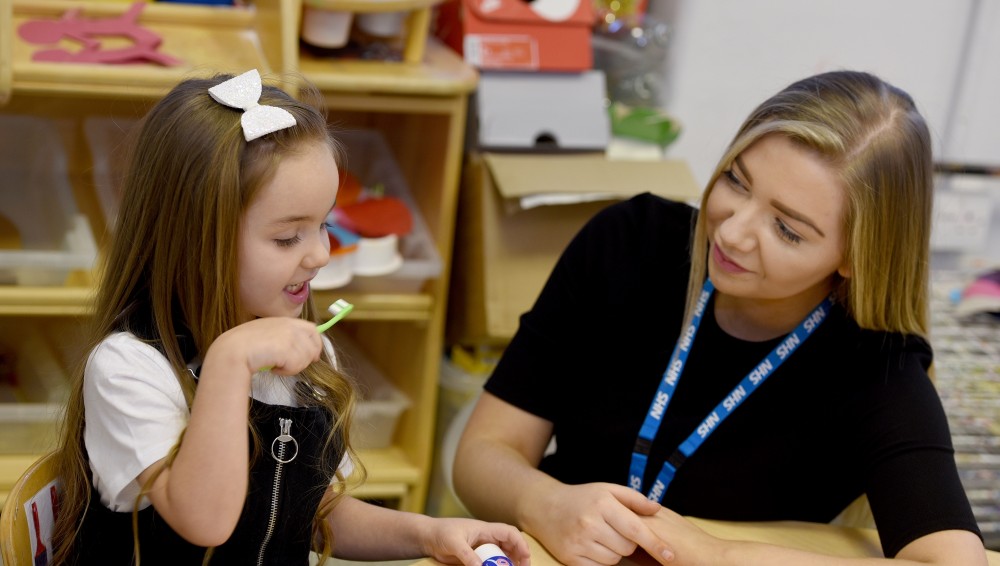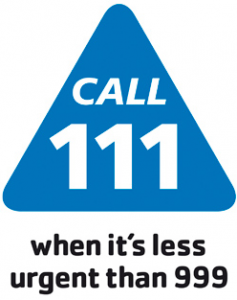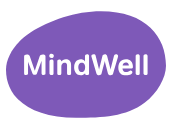- My parents/carers understand my needs and are equipped to support my speech, language, communication, and social skills development.
- People around me who support my learning and education will understand, and respond to, my communication needs.
- My speech, language and communication needs are identified early on.
- My society is aware of and adaptable to, my speech, language and communication needs.
- I feel accepted and supported to take part in activities I enjoy.
- I can express myself, be understood and understand others.
- I am able and confident to develop and maintain meaningful relationships.
- I have the functional skills I need to participate in everyday activities.
- I am able and confident to take part in learning and education activities.
- I am aware of my capabilities and needs and am able to ask for help.
- I am involved in decisions that affect me.
Speech, language, and communication needs are best addressed by supporting parents and those closest to the child or young person (CYP) to develop the skills needed to support their Speech, language, and communication. Practitioners can work together with families to support the CYP within the context of the home, early years and education settings, and the wider community by working closely with and/or training people involved in supporting the family.
Do you want to know what support is available in Leeds for helping children, young people and families with speech, language 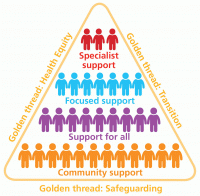 and communication development?
and communication development?
Where can you find out what support is available online, in the community and intended for all?
How speech, language and communication needs are identify early?
Are you concerned about a child’s speech, language and communication development and want to signpost a family to local services for focused support?
Do you know a family who need specialist support for speech, language and communication needs?
The Communication Offer is a description of services and resources to support speech, language and communication development in Leeds.
The Communication Offer information can be viewed on the Leeds Local Offer Website by clicking here.
Pregnancy: Midwifery and Public Health Integrated Nursing Service (PHINS) pathways.
Infants & Early years: PHINS Healthy Child Pathway. Visit families at home and monitor risk factors for SLCN and support maternal wellbeing. Early Attachment Observation.
PHINS developmental reviews. Talk about how the baby/child is growing and developing. Share information about hearing, language development so we can identify children with delayed speech, language, or communication, and possible persistent SLCN early on.
Parental concerns: Ages and Stages Questionnaire and if in a setting linked to Early Years Foundation Stage 2-year progress check. Pre-school questionnaire – Set for School.
Early Years Foundation Stage Profile at age 5 (reception), includes achievement on communication and language and literacy, early learning goals
School Age: Transfer of information from early years setting to school, National Curriculum Key Stage Assessment and Reporting
Promote parent-infant relationship—support parents to be aware of the needs of their unborn baby.
Promoting parental bonding, reflective function and parental sensitivity during pregnancy, helping mothers and partners to identify with the baby and bond prenatally.
Support parents to understand the importance of participating in the progress check for their children so that any SLCN can be identified, and timely support received.
Promote communication strategies to support language learning (e.g. infant-directed speech, joint-attention activities, book sharing, respond to infant communication—’watch, wait and listen’, interpret gestures, language in everyday routines etc.)
Parents supported to understand the relationship between good verbal language skills and the development of reading and writing skills.
Signposting to community-based resources (e.g. libraries, children’s centres, family hubs, local voluntary and community sector services, clinics etc.). The Communication Offer
Engage families to support the home learning environment, Pregnancy Birth and Beyond, Understanding Your Baby, HENRY, PEEP groups, Bookstart, Early Start Pathways, Start for Life, Tiny Happy People, 50 things to do in Leeds before your 5 Top Ten Tips for Talking animations
Promote early education for eligible families (e.g.2 year old Free Early Education Entitlement and 3 and 4 year old Free Early Education Entitlement (FEEE)).
Early years practitioner to monitor progress through ongoing observation during curriculum activities under the communication and language area of learning.
Provision of a high-quality, language-rich communication environment and curriculum in education and childcare settings. The Provision Grid for SLCN.
Aim to decrease inequalities in early language development in high-risk groups with characteristics that place them at greater risk of experiencing difficulties, for example known family history of SLC needs, socio-economic deprivation, paternal literacy support needs, neglect or abuse, prenatal/perinatal problems, boys.
Where key communication milestones are not reached by specific ages, further assessment should be made of the risk factors present, developmental “flags for review” and general development of the child.
Access support through Early Start Pathways. The Early Start Service can be accessed through any Health Visitor team or Children’s Centre. Families and practitioners can find the right Health Visiting Team and Children’s Centre by using Early Start Search using the postcode tool from the Family Information Service.
Early Years and School SEND Graduated Approach, assess and support in school setting using Assess/ Plan/ Do/ Review approach. Tools to support this include Provision Grid for SLCN, Provision Grid for Autism, Social Emotional Mental Health Support Pathway
Evidence-based support/enriched curriculum in settings for children identified as having language levels below age expectations, or an identified issue or problem requiring additional support to accelerate progress. The NELI programme, Talkboost, Word Aware, Leeds Communication Friendly Standard (LCFS), Makaton.
Specific support and training from specialist to enable settings to support children with SLC needs e.g. Children’s Speech and Language Therapy Service, Children’s Centres Teacher Team, STARS, Learning Inclusion
Children’s Speech and Language therapy service Toolkit Other Focused Support level activities are listed in The Communication Offer
If more support is required a referral can be made to CSLT service to access specialist interventions under the guidance of a speech and language therapist. Also access specialist support from Learning Inclusion teams. Other Specialist Services may be more appropriate and are listed in The Communication Offer
Specific support and training from specialist to enable settings to support children with severe, specific or complex SLC needs. Children’s Speech and Language Therapy Service, STARS, Learning Inclusion
If more support is needed to meet the SLC needs of the CYP settings can commission services from Speech and Language Therapist (Traded/independent SLT)
3rd Sector organisations can support CYP and families.
Contact and Referral Details
Tel: 0113 8433650
If we are unable to answer your call you can help us by leaving a voice message, including your name and telephone number.
Email:lcht.cslt@nhs.net
8:30am - 5:00pm, Monday - Friday
Attendance is by appointment only.
All enquiries to:
Central CSLT Admin Team
Leeds Community Healthcare,
Building 3,
White Rose Park,
Millshaw Park Lane,
Leeds, LS11 0DL
Please send referral forms to slt.leedsreferrals@nhs.net
Attendance is by appointment only. We are currently providing support via face-to-face appointments, but we may offer you a telephone or video consultations where we feel it is an effective way of communicating and meeting your needs.
